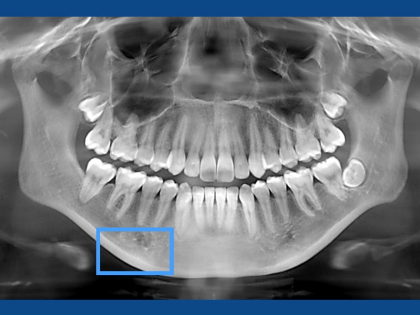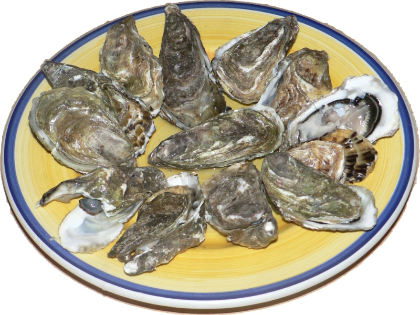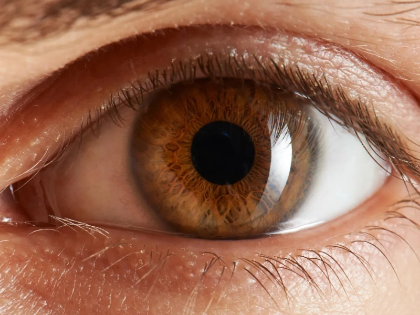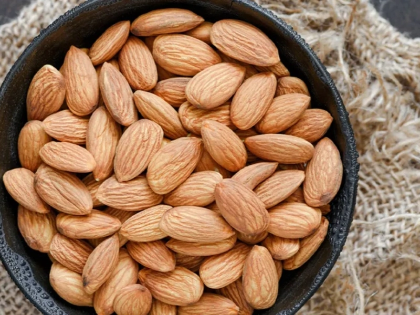Vitamin K and Eye Health: Supporting Vision as You Age
1. Vitamin K: Their Value A fat-soluble vitamin, vitamin K is absolutely vital for several body processes including bone health and blood coagulation. Its importance, though, beyond these obvious advantages. Recent studies have shown, especially as we age, the potential of vitamin K in maintaining eye health. Given the rising prevalence of age-related eye diseases, long-term eye health depends on a knowledge of vitamin K's function in preserving eyesight.
2. Knowing Age-Related Eye Disorders People get increasingly prone to several eye diseases like cataracts, glaucoma, and age-related macular degeneration (AMD) as they grow older. These disorders can seriously compromise vision and change quality of life. Studies point to oxidative stress and inflammation as possible causes of these disorders, both of which can be impacted by dietary elements like vitamin K consumption.

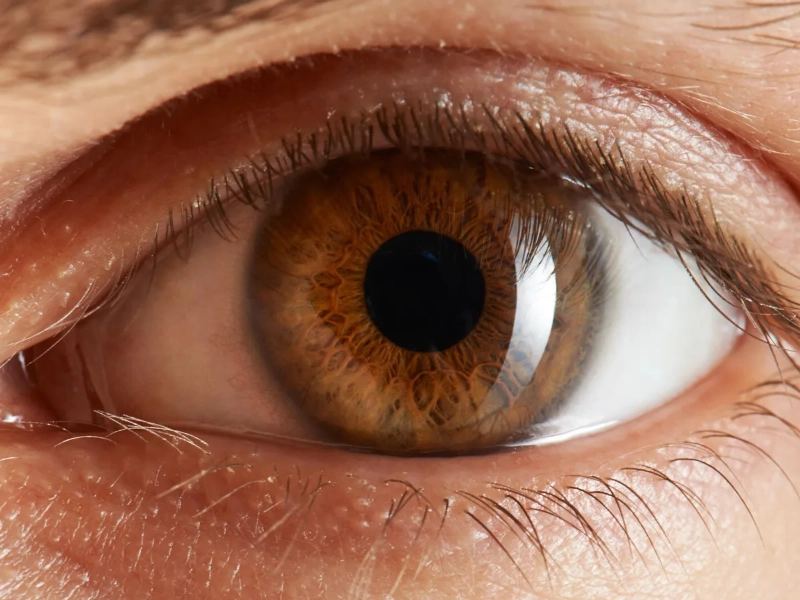 5. The Relationship Among Eye Diseases and Vitamin K Different research have looked at the relationship between particular eye disorders and vitamin K levels. Research has indicated, for example, that those who consume more dietary vitamin K have a reduced risk of cataract development. Furthermore connected to better outcomes for AMD patients is vitamin K. Although exact causative links are yet unknown, these results imply that keeping sufficient vitamin K levels could help to prevent or control age-related eye diseases.
6. The Synergistic Action of Nutrients Vitamin K is most beneficial when coupled with other vital nutrients that support eye health; it cannot act alone. Maintaining normal vision depends critically on nutrients including vitamins A, C, and E as well as omega-3 fatty acids. A diet high in a range of vivid fruits and vegetables, nuts, seeds, and fatty fish can have a combined effect improving general eye health and lowering the incidence of age-related eye illnesses.
5. The Relationship Among Eye Diseases and Vitamin K Different research have looked at the relationship between particular eye disorders and vitamin K levels. Research has indicated, for example, that those who consume more dietary vitamin K have a reduced risk of cataract development. Furthermore connected to better outcomes for AMD patients is vitamin K. Although exact causative links are yet unknown, these results imply that keeping sufficient vitamin K levels could help to prevent or control age-related eye diseases.
6. The Synergistic Action of Nutrients Vitamin K is most beneficial when coupled with other vital nutrients that support eye health; it cannot act alone. Maintaining normal vision depends critically on nutrients including vitamins A, C, and E as well as omega-3 fatty acids. A diet high in a range of vivid fruits and vegetables, nuts, seeds, and fatty fish can have a combined effect improving general eye health and lowering the incidence of age-related eye illnesses.
 7. Eye Health: Lifestyle Elements Apart from a diet high in nutrients, numerous lifestyle choices might affect the state of eyes as one gets older. Maintaining vision depends critically on regular eye exams, UV light protection, and avoidance of smoking. Better eye health can also result from keeping physically active and controlling chronic diseases as diabetes and hypertension. Combining these techniques with a diet high in vitamin K offers a complete strategy for supporting vision.
8. Guidelines for Vitamin K Consumption Although age and gender affect the suggested dietary allowance (RDA) for vitamin K, generally individuals should try for between 90 and 120 micrograms daily. Including many foods high in vitamin K in regular meals will help satisfy these needs. See a healthcare provider for individualised recommendations on supplements for those who run the danger of deficiency or those with certain health issues.
7. Eye Health: Lifestyle Elements Apart from a diet high in nutrients, numerous lifestyle choices might affect the state of eyes as one gets older. Maintaining vision depends critically on regular eye exams, UV light protection, and avoidance of smoking. Better eye health can also result from keeping physically active and controlling chronic diseases as diabetes and hypertension. Combining these techniques with a diet high in vitamin K offers a complete strategy for supporting vision.
8. Guidelines for Vitamin K Consumption Although age and gender affect the suggested dietary allowance (RDA) for vitamin K, generally individuals should try for between 90 and 120 micrograms daily. Including many foods high in vitamin K in regular meals will help satisfy these needs. See a healthcare provider for individualised recommendations on supplements for those who run the danger of deficiency or those with certain health issues.
 9. Future Research Topics Although the present knowledge on the function of vitamin K in eye health is encouraging, more study is necessary to investigate its whole possibilities. Future research should concentrate on establishing better links between vitamin K intake and particular eye illnesses as well as on figuring ideal amounts for therapy and prevention. More people could profit from customised dietary recommendations as knowledge of the value of nutrition in eye health increases.
10. Review of Vitamin K's Function in Eye Health As we age especially, vitamin K is a vital vitamin that maintains eye health. Its anti-inflammatory and antioxidant qualities could help guard against age-related eye diseases, so it is an essential part of a diet supporting eyesight. Those who keep a good lifestyle and include foods high in vitamin K can proactively protect their vision and improve their general health as they get older.
9. Future Research Topics Although the present knowledge on the function of vitamin K in eye health is encouraging, more study is necessary to investigate its whole possibilities. Future research should concentrate on establishing better links between vitamin K intake and particular eye illnesses as well as on figuring ideal amounts for therapy and prevention. More people could profit from customised dietary recommendations as knowledge of the value of nutrition in eye health increases.
10. Review of Vitamin K's Function in Eye Health As we age especially, vitamin K is a vital vitamin that maintains eye health. Its anti-inflammatory and antioxidant qualities could help guard against age-related eye diseases, so it is an essential part of a diet supporting eyesight. Those who keep a good lifestyle and include foods high in vitamin K can proactively protect their vision and improve their general health as they get older.

